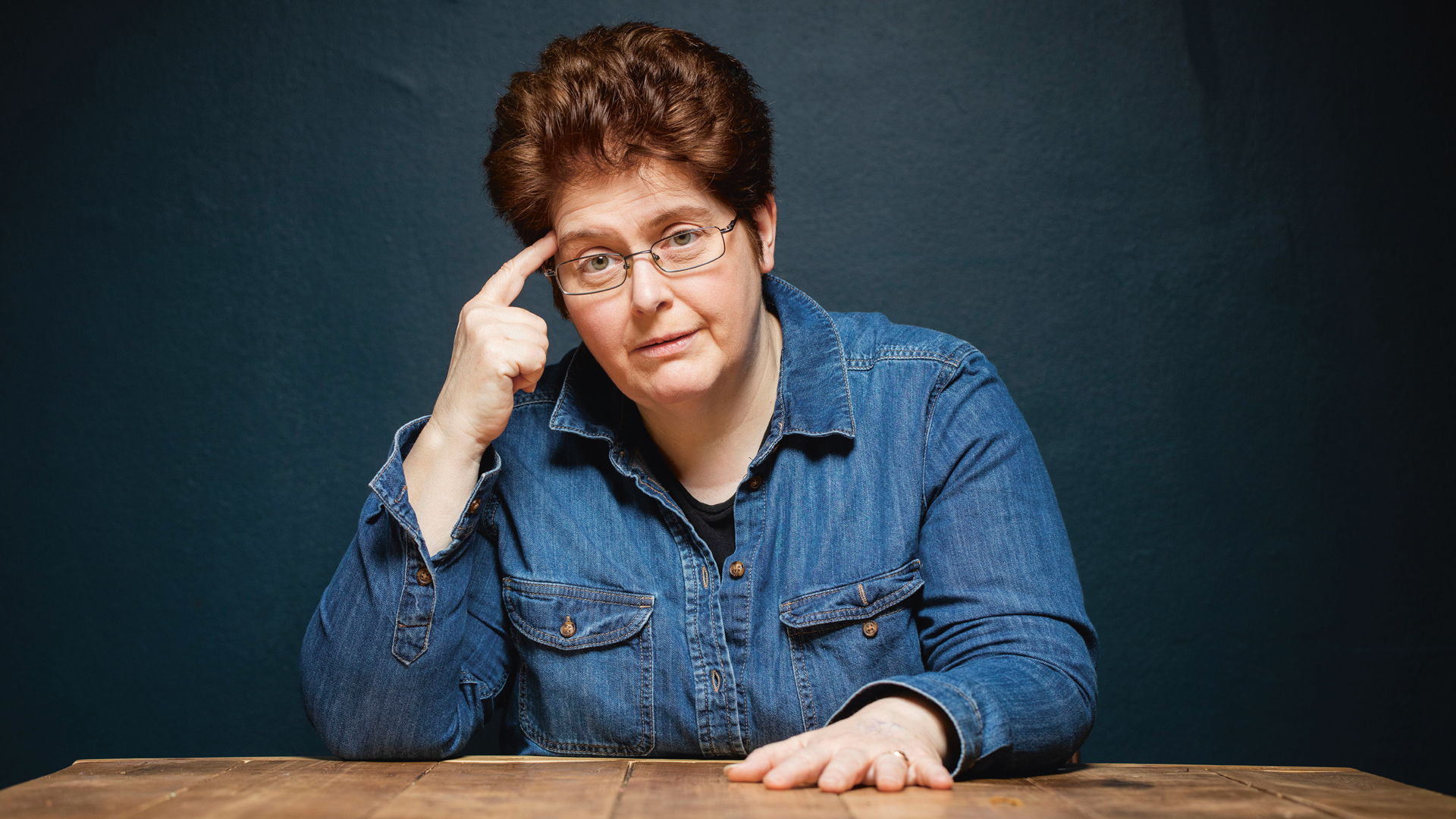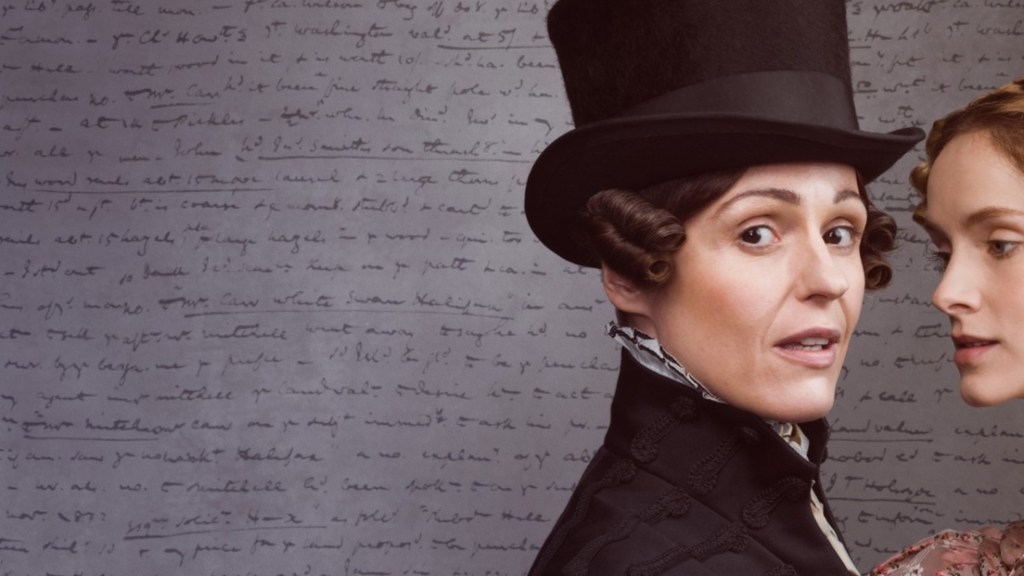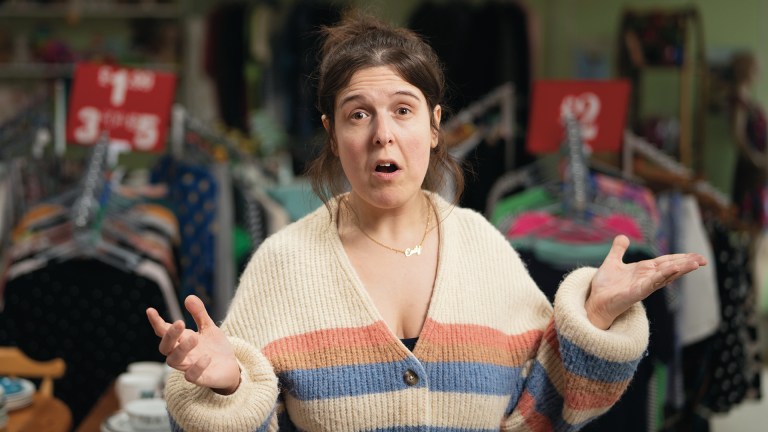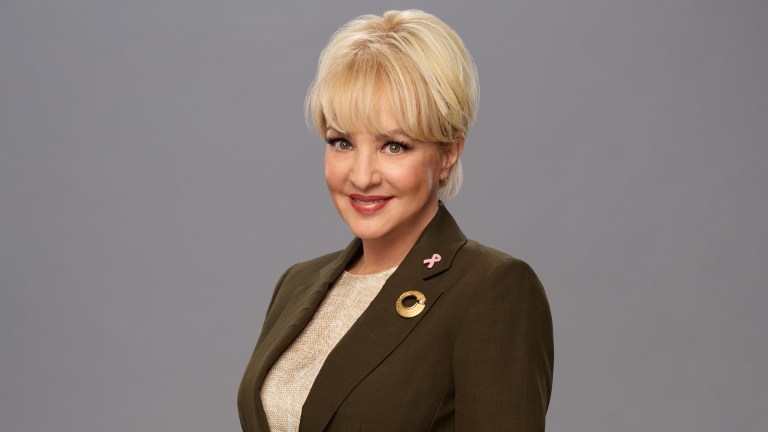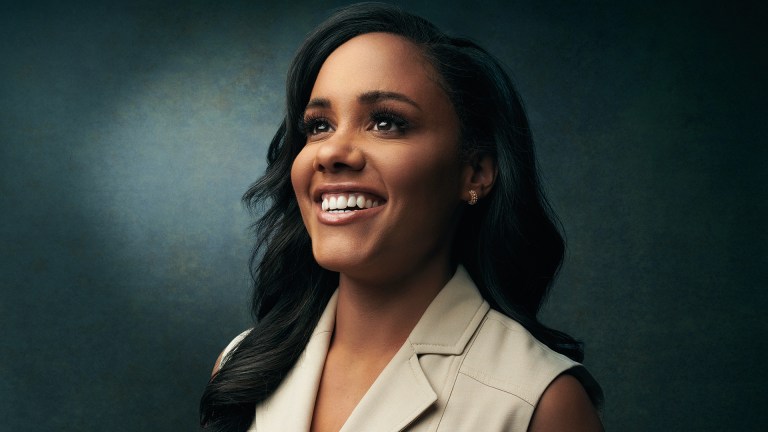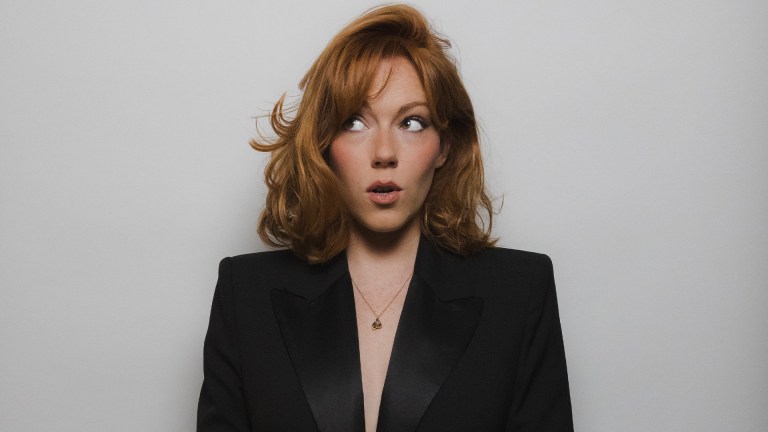I watched everything on television when I was younger. It was my world. But I didn’t really know that people wrote it. The penny slowly dropped and when I was about 12, I decided I wanted to write Coronation Street. It was only on on Mondays and Wednesdays then, and you couldn’t record it. If you missed it you missed it – so you never missed it! It was sacrosanct in our house, watching Coronation Street. And it was incredibly good then, proper kitchen-sink drama. There are so many episodes of soaps now that it becomes repetitive.
I went on a school trip to Leeds Playhouse to see Julius Caesar when I was 13. I hadn’t a clue what was going on, but I loved it. I obviously had a real passion for performance and theatre. I didn’t know anything about them and never saw them performed but I used to send off to Methuen to buy modern play scripts to read. I had written dialogue since I was 10 on the family typewriter. I always thought it had fantastic entertainment potential to craft what people said – me and my sister wrote plays about people
we knew and our favourite people from the television, like the ladies from Rock Follies. I certainly got my 10,000 hours in before I was 18.
The playwright Barrie Keeffe was my absolute hero. I used to get all of his plays and try to write like him, even though I now know we were poles apart. I went to London for the first time when I was 16 and tried to see as much theatre as I could in one week. I saw his play Bastard Angel. Now theatre broadcasts into cinemas all over the country but in those days, if you were a kid in Halifax whose parents were not interested in theatre, there was no chance in the world of seeing a big London play.
I didn’t have much of a social life, but I didn’t want one. And I wasn’t lonely. I would spend evenings painting and writing. People thought I was a bit odd but I had a good friendship group and don’t remember being bullied more than once or twice. I was at Sowerby Bridge Grammar School and liked going to school – looking back, I don’t think my friends did. I was the only one in my friendship group who went straight to university. My dad was a senior lecturer at Huddersfield Polytechnic and had grown up in a working-class family, so he understood the importance of education. I went to York to read history. And then I started having a social life.
I couldn’t wait to leave Halifax. It was the back of beyond. It was Numpty-ville. Like most people who grow up in the provinces, if you like, you think: ‘Just my luck to be born in the middle of nowhere’. I have a mad, passionate love affair with Halifax now, largely because of Anne Lister. Suddenly she made Halifax seem very cool indeed. As a child, I did not appreciate the landscape. If you see it every day, you don’t know it is beautiful. But in March I will be made a Freewoman of the Borough of Calderdale.
I would tell my younger self, don’t eat carbohydrates, don’t drink alcohol, don’t start smoking. I might have listened to the bit about carbs. But what is it that comedian said? When we were kids there were two food groups – tins and packets. I grew up like that. We didn’t know about carbs. I would tell my younger self to keep exercising. Because I am overweight as an adult and as a kid I wasn’t that bad. But my mum used to tell me I was, so I grew up thinking I was fat and became fat.
